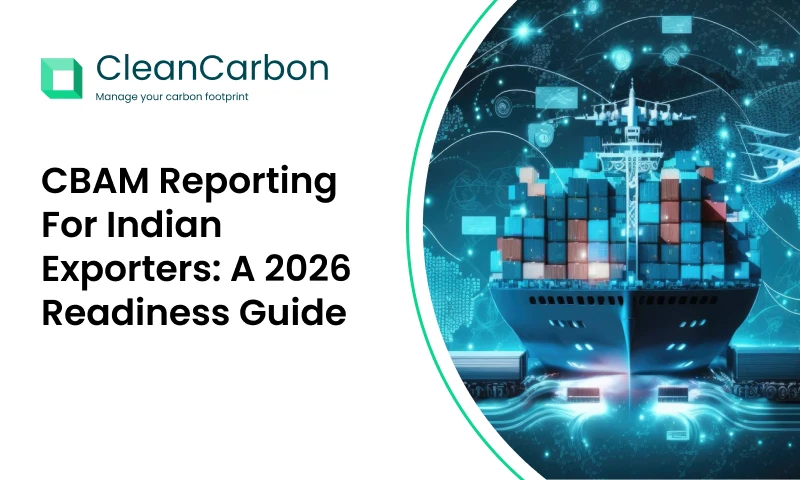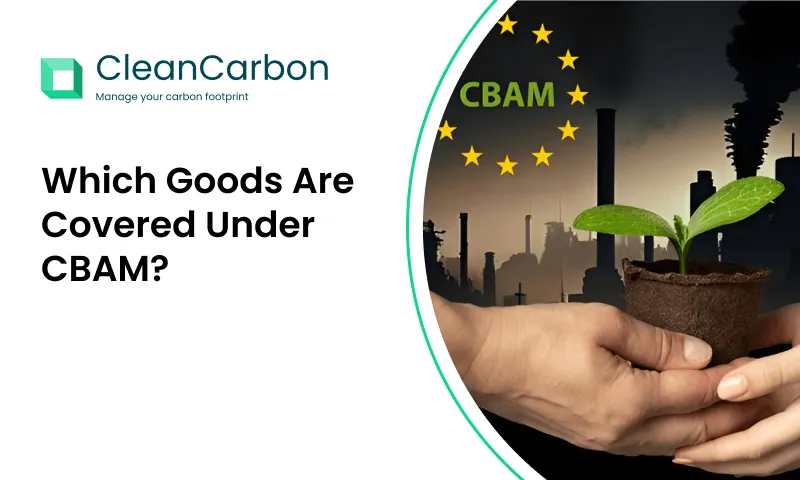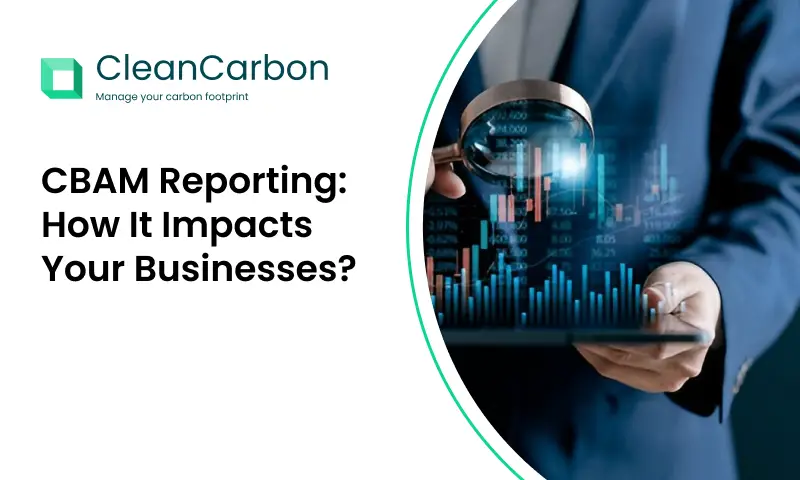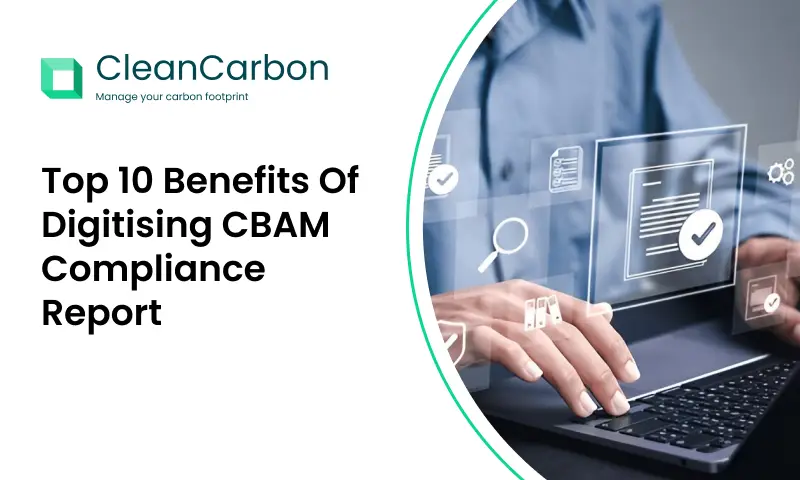Are you importing goods into the European Union?
The new Carbon Border Adjustment Mechanism (CBAM) is set to significantly impact businesses operating within the EU market.
The CBAM, implemented as part of the EU’s ambitious “Fit for 55” package, aims to level the playing field for European companies and encourage global climate action. Here’s a breakdown of what you need to know:
- What is CBAM? CBAM places a carbon cost on certain imported goods to ensure they reflect the price of carbon emissions paid by EU producers under the Emissions Trading System (ETS). This discourages “carbon leakage,” where production shifts to countries with less stringent environmental regulations.
- What does this mean for my business? Starting in October 2023, a reporting phase begins, requiring importers of specific high-carbon goods (including steel, cement, and aluminum) to track and report embedded emissions. Full compliance with potential financial adjustments kicks in by 2026.
- How can I prepare? The key to navigating CBAM is understanding your supply chain’s emissions footprint. Proactive businesses can:
- Engage with suppliers: Work with your suppliers to obtain accurate emissions data for your imported goods.
- Invest in carbon accounting tools: Streamline the process of collecting and reporting emissions data with specialized software solutions.
- Consider your sourcing strategy: Explore partnerships with low-carbon producers or invest in carbon offset projects to minimize your CBAM impact.
Stay Ahead of the Curve:
The CBAM represents a significant shift in EU trade policy. By taking proactive steps now, you can ensure your business is prepared for the upcoming changes and minimize any potential disruptions.
Looking for a CBAM Compliance Solution?
CleanCarbon offers a comprehensive suite of carbon accounting tools designed to simplify CBAM compliance. Our dedicated CBAM solution empowers you to:
- Effortlessly collect and manage emissions data from your suppliers.
- Generate CBAM compliance reports with ease.
- Gain insights into your supply chain's carbon footprint to make informed sourcing decisions.
Ready to learn more? Visit our website or contact us today!






